How does diet affect climate change?
Dwindling water is the next big global resource crisis looming over us, and soil depletion isn't far behind. Living in a green home doesn't instantly equate to a low-impact lifestyle, if for example you have a long gas-powered daily commute and you eat a 12 ounce steak every night.
We can't really help you get an electric car or a job working from home, but if you're ready to tweak your shopping list a little, here are some possible foods to swap that cannot only be healthier, but will consume less resources in production.
Growing broccoli requires less water than asparagus
Asparagus can be said to be the fancy cousin of broccoli, and there is a big difference in their water consumption. Broccoli requires about 129 litres of water per kg - similar to the requirements of cauliflower and brussels sprouts - whereas asparagus requires almost 2,000 litres per kg, or about 8 times as much.
Cooking with millet instead of rice
Millet has been referred to as 'the new quinoa'. Once considered to be little more than bird food in western societies, it has graduated to being a trendy superstar grain. Millet has been a staple grain all over the planet for decades, so what is so special about it? Other than its awesome taste and ease in cooking, it is extremely drought-resistant and uses very little water. As a matter of fact, it has the lowest water requirement of all the common grains we eat. Conversely, rice is one of the more commonly consumed grains and requires a lot more water to produce.
A study revealed that in areas of iodine deficiency where millet is a great component of the diet, its ingestion may impart the start of endemic goiter. Therefore, if you have any thyroid concerns, it is advised that you consult your healthcare provider before including large amounts of millet in your diet. Aside from millet, you can also incorporate amaranth into your menu, which is high in nutritional value but also very drought-resistant with low water demand when compared to rice.
Eat pecans or hazelnuts instead of almonds
Almonds consume about a gallon of water per nut. California’s almond industry consumes approximately 1.1 trillion gallons of water every year, which is not helpful at times when the state is in one of its frequent droughts. Pecans and hazelnuts on the other hand need much less water and both nut crops can be grown in areas that don’t have a scarcity of water.
Replace palm oil with sunflower or safflower oil
Cooking oils are tricky since the majority have some sort of ecological or social drawback. For example, the lifecycle of olive oil production includes a lot of water; canola and soybean crops are mainly GMO, and coconut trees become less productive as they age.
But palm oil is generally considered to be the greatest environmental villain of cooking oils. Its production is responsible for continuous deforestation in Indonesian and Malaysian rainforests, hence endangering several animal species including orangutans.
Sunflower and safflower are the best bets for low-impact cooking oils as they are generally GMO–free and have a relatively low consumption of water in their growing history.
The impact of meat on climate change
Transitioning to a plant-based diet is not going to take place overnight, but it isn't an all or nothing deal. If everyone in the U.S. skipped meat or cheese just one day a week for a year, it would be equal to taking 7.6 million cars off the road. Mixing legumes with a grain forms a complete protein comparable to meat and is healthier for your body as well, so - break out the beans and lentils!
Organic, humane and grass-fed eggs and dairy
Organic, humane and grass-fed eggs and dairy have a lower environmental impact than what comes out of large-scale production facilities. Grass-fed and pasture-raised animal products have also been shown to be more nutritious and bear less risk of bacterial contamination than the product from large feed lots.
Choosing whole wheat instead of white bread
Whether you're talking about bread or pasta, it is better on both fronts to opt for the whole-grain version. Aside from being better for your health, whole-grains are easier on the planet, in that the less processing a food undergoes, the least effect it has on resources. Bear in mind all the same, that unless you opt to pay for Organic, it's going to be GMO - probably containing Glyphosate etc.
Buying local foods instead of imported
Just because a trendy berry is grown in the Himalayas does not automatically make it better for you than berries grown in your locale. Strawberries, raspberries and blueberries are antioxidant-rich fruits that you are likely to find grown locally. Choosing local foods can help reduce carbon emissions generated by transportation.
Small adjustments like those listed here could have a noticeable impact on global resources if they to be widely adopted. Do your part; spread the word!
Now that you know what foods have the least climate impact, learn more about sustainable living and home building in the Ecohome Building Guide and in the following pages:
Find out more about the benefits of a free Ecohome Network Membership here! |



























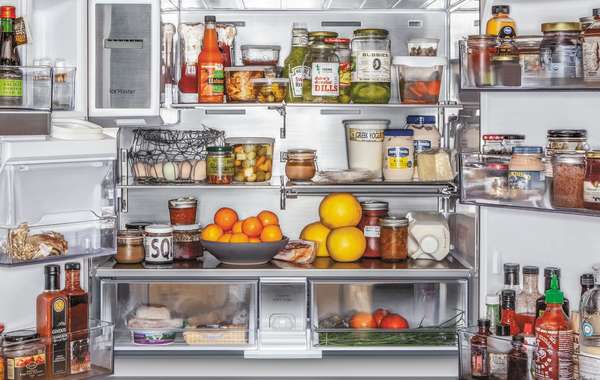
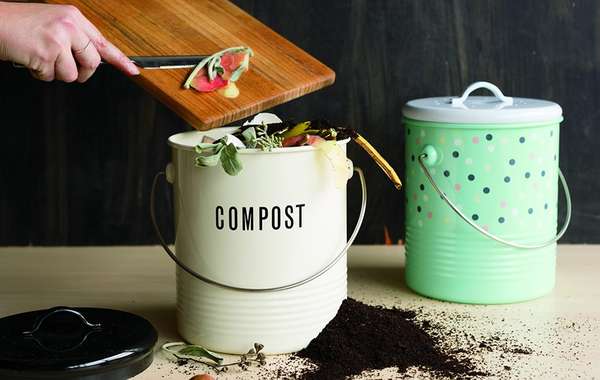



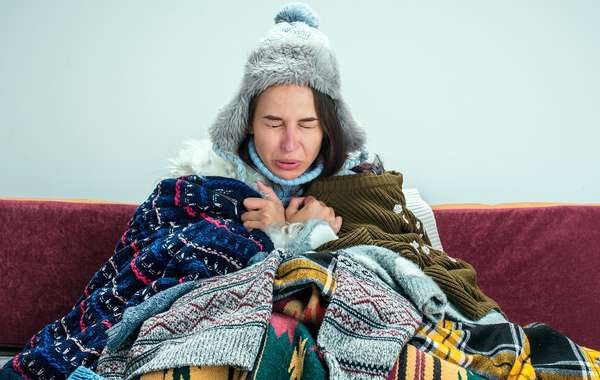
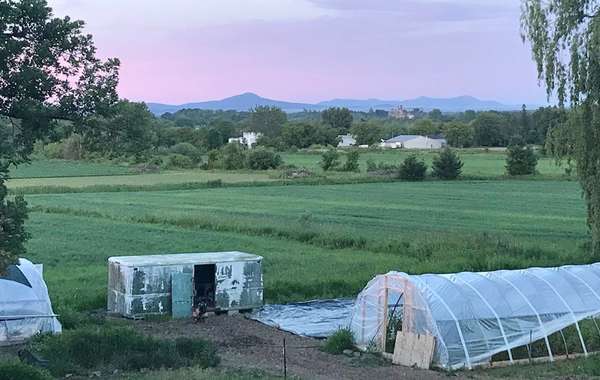


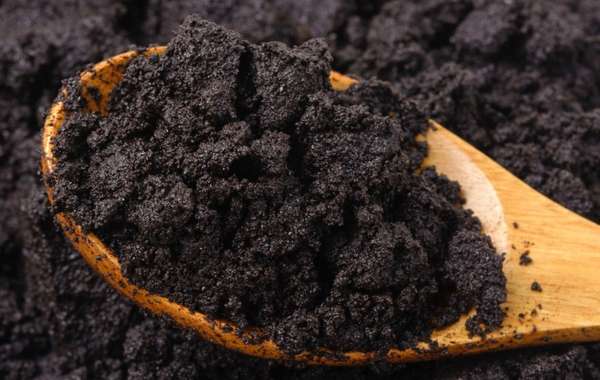
Comments (0)
Sign Up to Comment